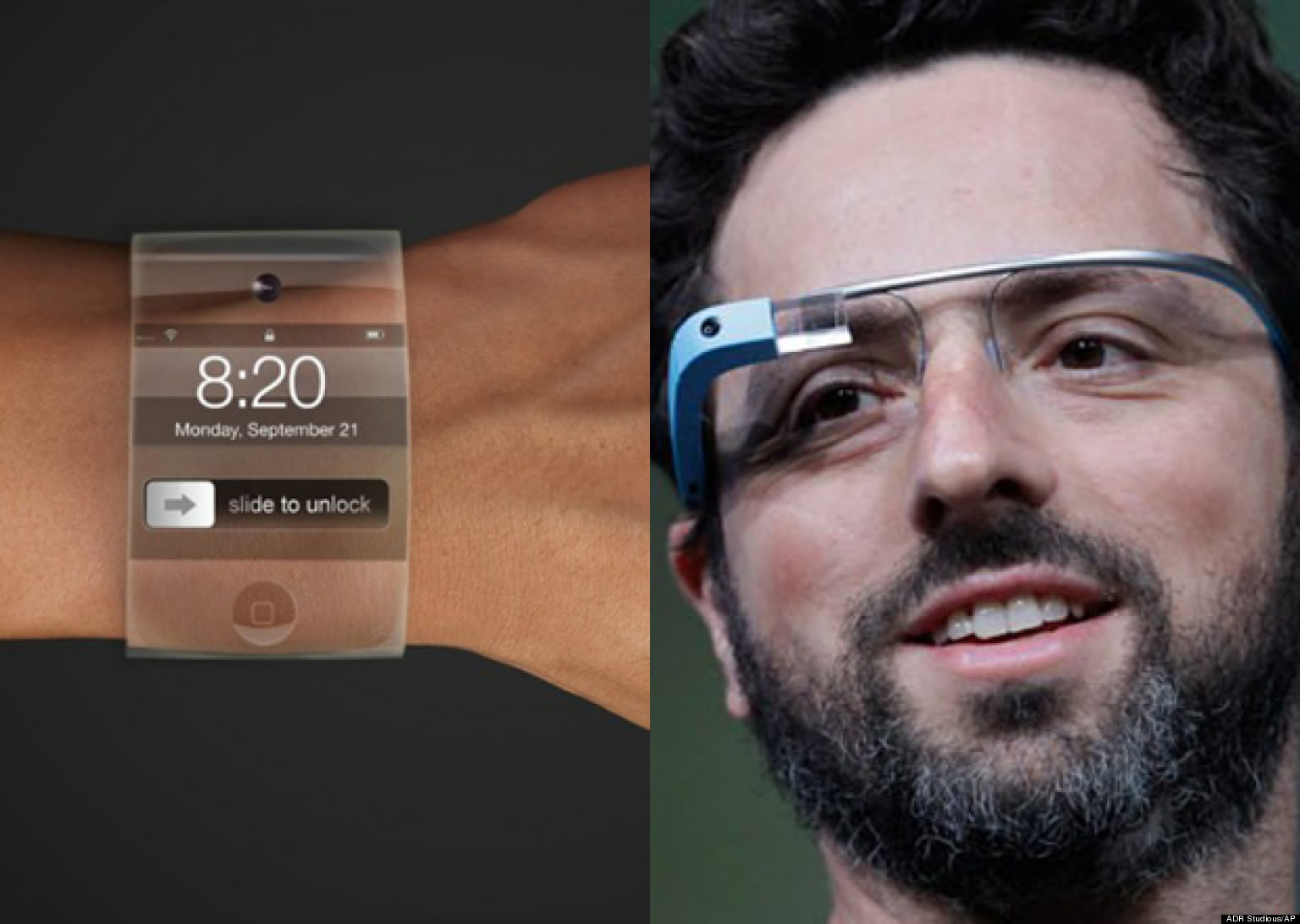Last updated April 12, 2019

The $1,500 developer version of Google Glass, whose consumer edition will more likely carry a lower price tag, holds promise for workers on the go. Here are four ways to use the lightweight “smart eyeglasses” to effectively simplify your workflow and boost your business productivity.
![]() Dictate your text messages and save your time for other tasks. Texting on your smartphone can take up your time. And text messages are normally short and pointedly direct as opposed to the much more formal tone of business emails. So why not respond to text messages while keeping your hands free to deal with your office-related routine? Android and iOS devices allow you to do voice dictation, but a wearable computing device like Google Glass makes dictation so much more natural.
Dictate your text messages and save your time for other tasks. Texting on your smartphone can take up your time. And text messages are normally short and pointedly direct as opposed to the much more formal tone of business emails. So why not respond to text messages while keeping your hands free to deal with your office-related routine? Android and iOS devices allow you to do voice dictation, but a wearable computing device like Google Glass makes dictation so much more natural.
![]() Have your agenda and appointment notes—ready at a glance. Manage time and avoid missing important meetings and deadlines by syncing your Google Calendar with your Glass. A simple backward swipe enables you to view your agenda on the interface of Google Glass. That way, you will be reminded of looming deadlines, upcoming meetings, and pending tasks. Hyper-performing productivity apps that work on almost every available platform, such as the forthcoming Glass-compatible Evernote app, can manage your schedule and help improve your work efficiency.
Have your agenda and appointment notes—ready at a glance. Manage time and avoid missing important meetings and deadlines by syncing your Google Calendar with your Glass. A simple backward swipe enables you to view your agenda on the interface of Google Glass. That way, you will be reminded of looming deadlines, upcoming meetings, and pending tasks. Hyper-performing productivity apps that work on almost every available platform, such as the forthcoming Glass-compatible Evernote app, can manage your schedule and help improve your work efficiency.
![]() Simplify your emailing. Composing longish email messages through Glass may not be that viable yet for important business correspondences. The voice recognition program misinterprets long sentences, leading you to restart dictating your email. Instead, use Glass to serve up the most crucial emails to you in real time. This is particularly useful if you regularly receive numerous business emails. Gmail lets you flag certain emails as “important,” and you can use Glass to immediately get to them.
Simplify your emailing. Composing longish email messages through Glass may not be that viable yet for important business correspondences. The voice recognition program misinterprets long sentences, leading you to restart dictating your email. Instead, use Glass to serve up the most crucial emails to you in real time. This is particularly useful if you regularly receive numerous business emails. Gmail lets you flag certain emails as “important,” and you can use Glass to immediately get to them.
Save time by making relevant information come to you without hunting for it with tedious online searches. When you search for data on the internet, you waste valuable time by calling up extraneous information that you do not need. Using Google Glass, however, you can do away with the usual searching. The Glass brings you pop ups that resemble cards. They are tidbits of information culled from what the Glass has “learned” about your search habits, location, etc. This context-based proffering of potentially relevant data is done in real time. So when you want to describe the Glass, imagine a pair of eyeglasses equipped with artificial intelligence to preempt your need for information.